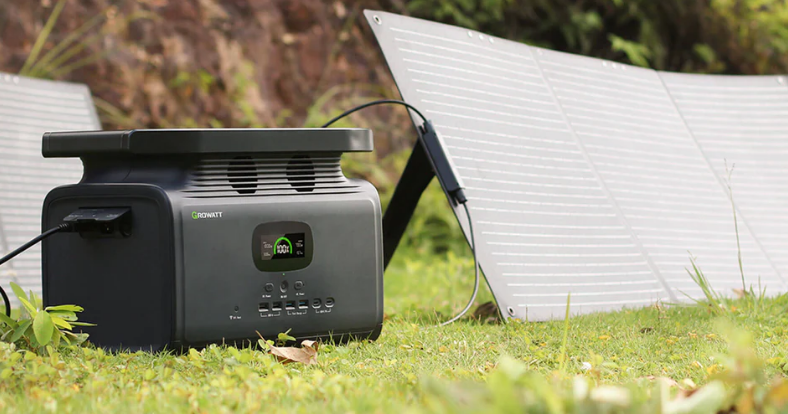As we dive deeper into the era of technological advances, the significance of backup generators grows exponentially. They provide an invaluable lifeline when unexpected power outages strike, ensuring the continuous operation of essential devices and appliances. Amidst their wide-ranging benefits, one of the often-discussed topics revolves around the consumption of petrol, in liters per hour, by these generators. However, arriving at a definitive figure requires careful consideration of several variables.
The first variable to consider is the generator size. A range of sizes exists in the market, from compact, portable generators to large, industrial-scale models. A small generator, typically used for powering essential home appliances, might consume approximately 0.75 to 1 liter of petrol per hour when running at half load. Contrastingly, a larger backup generator, capable of energizing an entire house or a small business, might consume about 8 to 10 liters of petrol per hour under full load.

Another crucial aspect is the load placed on the generator. Under low-load conditions, fuel consumption significantly decreases. For example, a generator powering only a refrigerator and a few lights will use considerably less petrol than the same generator running an entire household. This scalability of fuel consumption according to load serves as an effective way to control fuel expenses.
Moreover, the efficiency of the generator engine itself plays an important role. Advanced backup generators feature fuel-efficient technologies, which considerably minimize the volume of petrol consumed per hour. As such, although these generators may have a higher upfront cost, their operational cost-effectiveness becomes apparent over time.
In conclusion, the amount of petrol a backup generator uses per hour is determined by a complex interplay of various factors, including size, load, and engine efficiency. Therefore, before investing in a generator, one must thoroughly assess these factors. A careful choice, tailored to individual power needs and budget, will ensure an uninterrupted power supply without an unwelcome impact on the wallet.